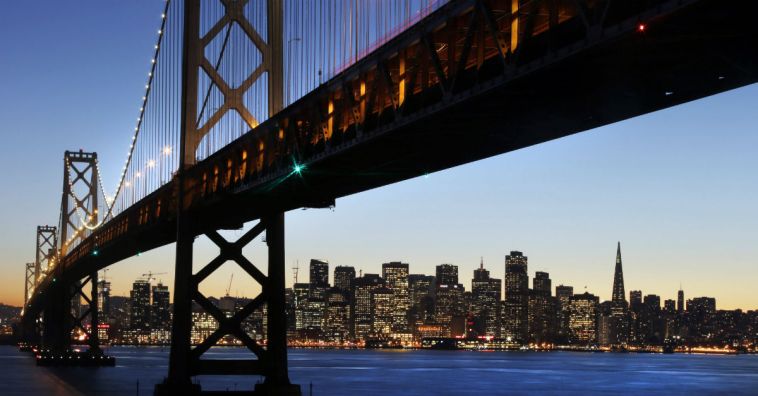Common sense would suggest that the city of San Francisco, plagued by the highest rents in the nation and record-breaking real estate prices (seriously, I could easily get a five-bedroom Victorian in my city for the price of a literal shack in SF), would reevaluate its housing policies to see if they might be contributing to such unusually high prices.
Videos By Rare
Common sense, alas, does not seem to be one of San Francisco’s many attractions. That’s why Prop. F, a measure to severely restrict and regulate sub-rentals through services like AirBnB, will be on the ballot tomorrow:
Prop F’s advocates argue that in San Francisco, wealthy, profit-hungry owners use Airbnb to charge high rents to short-term customers for their vacant residences. They contend that this practice takes much-needed units from an already extremely tight, long-term housing market. That, in turn, shrinks the pool of housing available to lower-income families who are already having trouble renting in one of the most expensive areas of the country. So it appears that the relatively wealthy are profiting at the expense of the relatively poor.
It certainly may be the case that AirBnB rentals and similar services are marginally shrinking the pool of available housing in SF. While many AirBnB users rent out their own residences for short periods of time, others list apartments that they don’t personally live in, turning a profit by charging a higher nightly rate than they could charge to a regular monthly tenant.
But SF had a serious rental cost issue well before AirBnB existed, and running this (frankly, very convenient and pleasant) website out of town isn’t the magic bullet to fix that.
So what should the city be looking to change instead? Height restrictions.
Many people know one reason Washington, D.C. is an expensive place to live surrounded by a hellscape of endless urban sprawl is the city’s archaic ban on building anything taller than the dome of the U.S. Capitol (the Washington Monument is an obvious exception):
[T]he D.C. height restriction has also promoted suburban sprawl, boxified the city’s architecture and deadened Washington’s downtown. It has inflated office rents, deflated the municipal tax base, limited affordable housing, contributed to the region’s hideous traffic jams and generally helped keep Washington a second-tier city despite the unrelenting growth of its major industry — the government.
The math here is pretty simple: if it’s illegal to build up, people build out, and building out equals more traffic, higher rents, and a lot less nightlife and retail presence because once your hour-long commute is finally over, Netflix starts to look like the most viable evening activity.
The same thing is happening in San Francisco…on steroids. Take a look at the map below. Everything colored yellow is a place where it’s illegal to build taller than 40 feet—around three stories—and in many of those areas, two- or even one-story buildings are the norm:
But San Francisco has it even worse than D.C., because the geography prevents sprawl. (SF is on a peninsula, so in three of four directions building out just isn’t an option.) To make matters worse, San Francisco, unlike Washington, has a very attractive climate. So when you add up short buildings, nowhere to build out, and a very desirable living area, the inevitable result is mile-high rents.
Fiddling around with rules for AirBnB is an easy way for politicians in San Francisco to pretend they’re fixing the housing crisis—but as long as those height restrictions stay in place, sub-rental regulations are at best rearranging the deck chairs on the Titanic.

